Understanding Deep Vein Thrombosis and Pulmonary Embolism
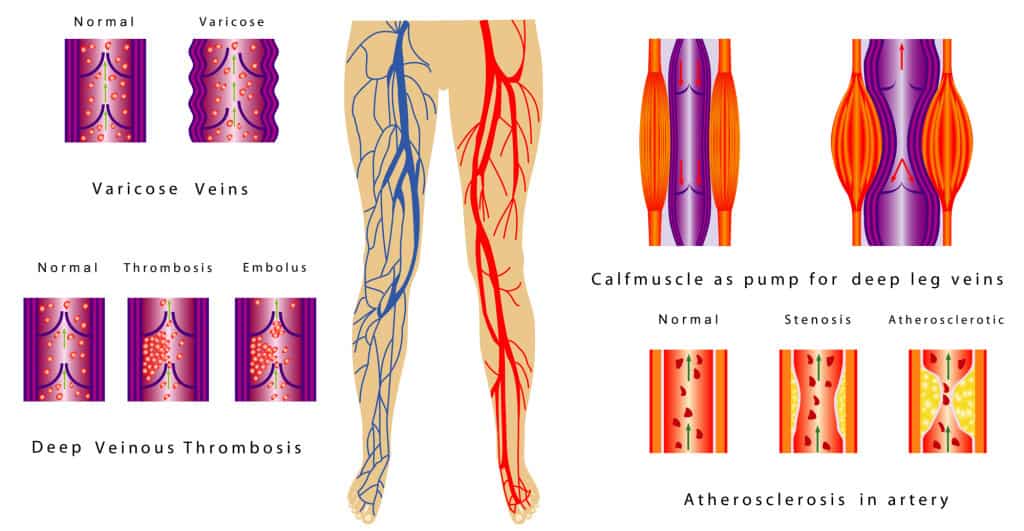
/*! elementor – v3.21.0 – 30-04-2024 */ .elementor-widget-image{text-align:center}.elementor-widget-image a{display:inline-block}.elementor-widget-image a img[src$=”.svg”]{width:48px}.elementor-widget-image img{vertical-align:middle;display:inline-block} Deep Vein Thrombophlebitis, or DVT as it is usually referred to, is a common condition. Because of this, it is something that should be considered in any patient with an extremity complaint of pain or swelling, or in a patient with chest symptoms. […]
Naloxone (Narcan) for Opioid Overdose

/*! elementor – v3.21.0 – 30-04-2024 */ .elementor-widget-image{text-align:center}.elementor-widget-image a{display:inline-block}.elementor-widget-image a img[src$=”.svg”]{width:48px}.elementor-widget-image img{vertical-align:middle;display:inline-block} If you are an EMS provider, you will see opioid overdoses. Opioids are drugs that act on the central nervous system at the opioid receptor on the cell membrane of neurons. In addition to their analgesic effects, they can also cause sedation, euphoria, […]
Why Nitroglycerin is Given for Acute Coronary Syndrome
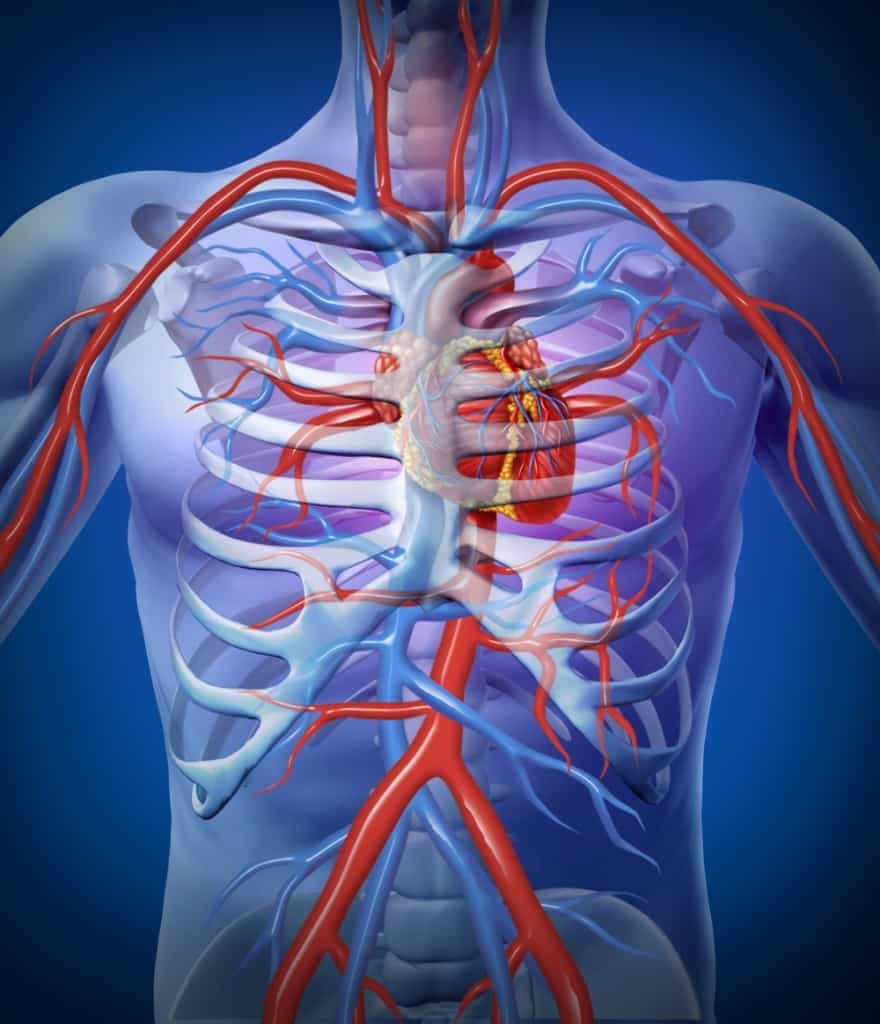
/*! elementor – v3.21.0 – 30-04-2024 */ .elementor-widget-image{text-align:center}.elementor-widget-image a{display:inline-block}.elementor-widget-image a img[src$=”.svg”]{width:48px}.elementor-widget-image img{vertical-align:middle;display:inline-block} To understand the benefit of Nitro in the treatment of Acute Coronary Syndrome (ACS) it is helpful to first understand why cardiovascular disease can cause pain. As you will recall, the heart is a muscular pump. Like all muscles, it requires oxygen. The […]
Heat-Related Illnesses

/*! elementor – v3.21.0 – 30-04-2024 */ .elementor-widget-image{text-align:center}.elementor-widget-image a{display:inline-block}.elementor-widget-image a img[src$=”.svg”]{width:48px}.elementor-widget-image img{vertical-align:middle;display:inline-block} It’s that time of year again when we start seeing heat-related illness. The human body normally maintains a temperature of 98.6F through a complex system of homeostasis regulated by the hypothalamus. Normally at rest, the skin temperature will be about 94F. When exposed […]
The Physiology of Shock
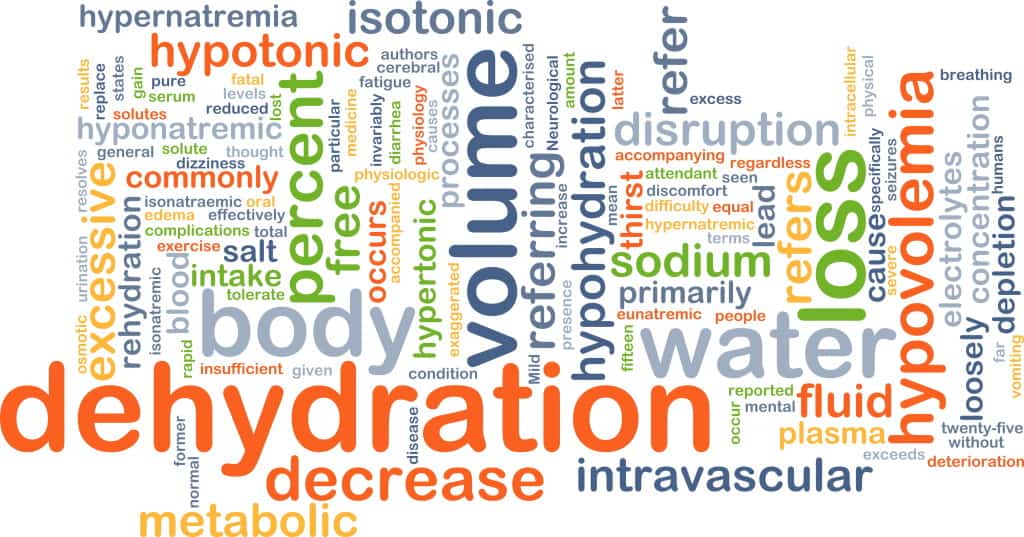
The body’s response to preserve blood flow to vital organs.
Case Study: The Autonomic Nervous System
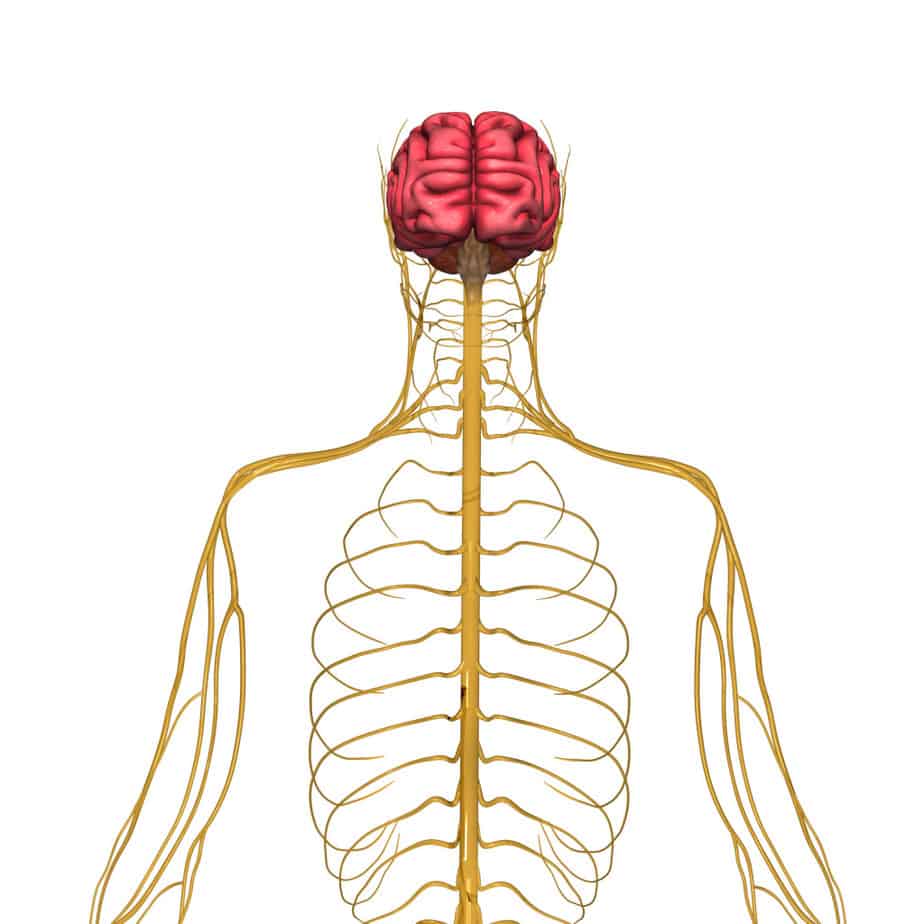
The autonomic nervous system is that part of the nervous system that is responsible for homeostasis and the flight-or-fight response. Generally, the autonomic system operates without conscious input. It is triggered by our emotional response, as well as complex hormonal feedback loops. This autonomic nervous system is composed of the sympathetic and the parasympathetic systems. […]
The Abdominal Exam

/*! elementor – v3.21.0 – 30-04-2024 */ .elementor-widget-image{text-align:center}.elementor-widget-image a{display:inline-block}.elementor-widget-image a img[src$=”.svg”]{width:48px}.elementor-widget-image img{vertical-align:middle;display:inline-block} A patient asked me the other day after I palpated his abdomen, “What is it you guys look for when you do that?” I explained the rationale of the abdominal exam to him, and thought this might be a good review for EMTs. […]
Understanding and Recognizing Stroke
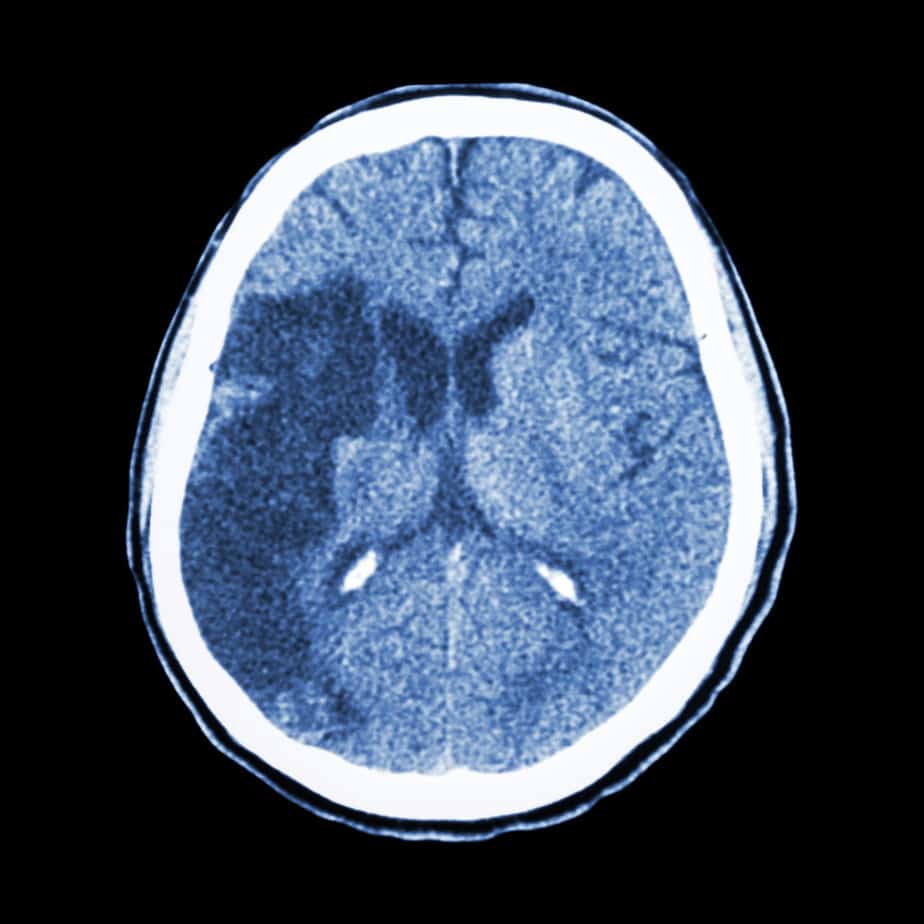
/*! elementor – v3.21.0 – 30-04-2024 */ .elementor-widget-image{text-align:center}.elementor-widget-image a{display:inline-block}.elementor-widget-image a img[src$=”.svg”]{width:48px}.elementor-widget-image img{vertical-align:middle;display:inline-block} A stroke is an acute disruption in blood flow in the cerebral circulation resulting in death of brain tissue. It is very similar to a heart attack in which death of heart muscle results from an acute impairment of coronary circulation. This is […]
Causes and Types of Angina
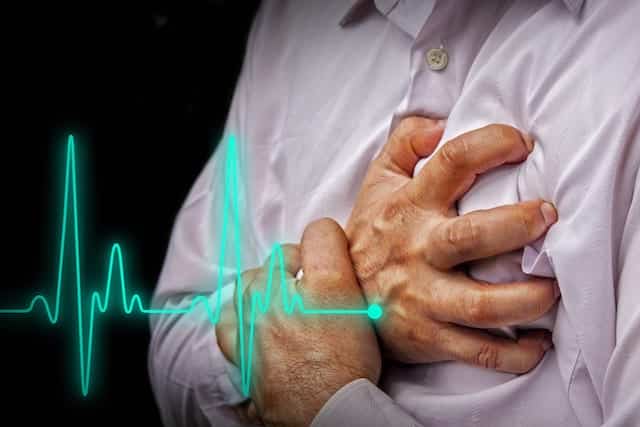
/*! elementor – v3.21.0 – 30-04-2024 */ .elementor-widget-image{text-align:center}.elementor-widget-image a{display:inline-block}.elementor-widget-image a img[src$=”.svg”]{width:48px}.elementor-widget-image img{vertical-align:middle;display:inline-block} The heart is a muscular pump that depends on a fresh supply of oxygen in order to function. Without oxygen the heart muscle becomes injured and dies. The right and left coronary arteries arise from the root of the aorta and carry oxygenated […]
Evaluation of a Medical Patient: The Secondary Assessment

The purpose of the Primary Assessment (aka Primary Survey or Initial Assessment) is to determine the nature of the primary complaint and rule out, prioritize, and treat any immediate life-threatening airway, breathing and circulation problems. The purpose of the Secondary Assessment is to fill in gaps in your understanding of the patient’s condition that did […]

